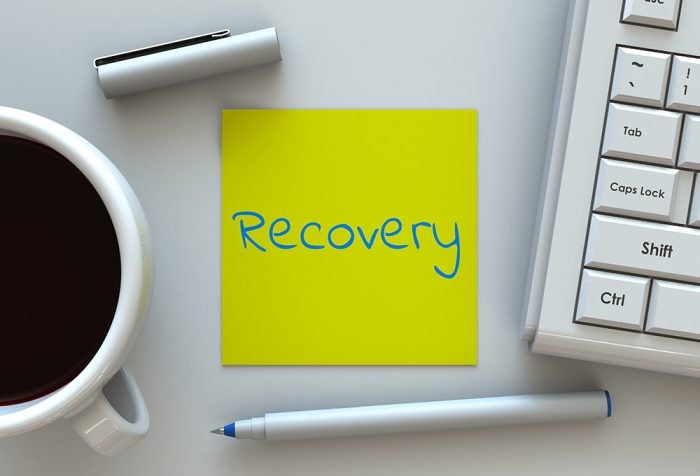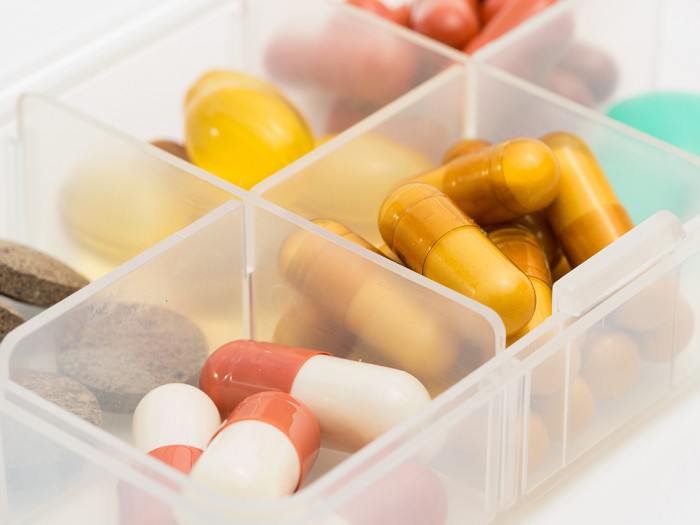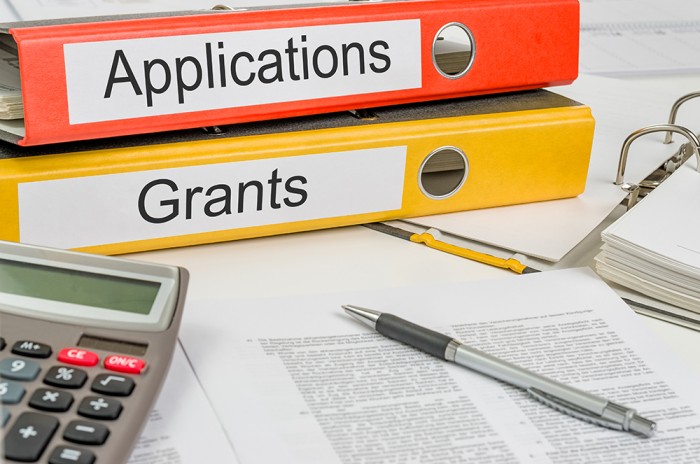Vital Strategies will host a live webinar from 1:30 pm–3:00 pm Wednesday, June 30, featuring Pennsylvania officials and other stakeholders who will discuss overdose-related trends being seen across the Commonwealth as well as new interventions and opportunities to access bulk, no-cost naloxone for overdose prevention initiatives in your community.
Jason Snyder
RCPA, Legislature, and Governor’s Office Working Toward Six-Month ASAM Alignment Waiver Process
RCPA is working with the legislature, which is working with the governor’s office, to finalize an application process that would allow for an extension from the Department of Drug and Alcohol Programs (DDAP)/the Department of Human Services (DHS) in substantially aligning with the American Society of Addiction Medicine (ASAM), including the PA-specific requirements. The extensions would be approved for up to six months to December 31, 2021.
We will continue to keep you updated on this process. Email Jason Snyder, Director, Drug & Alcohol Division, with questions.
DDAP Resubmits Recovery House Regulations to IRRC
On June 14, 2021, the Pennsylvania Department of Drug and Alcohol Programs (DDAP) resubmitted to the Independent Regulatory Review Commission (IRRC) its Final-Omitted Regulations on Standards for Drug and Alcohol Recovery House Licensure. As of yesterday afternoon, they are publicly available on IRRC’s website.
The submitted regulatory package includes:
- the updated regulations (p. 49–78);
- a regulatory analysis (p. 1–11);
- a preamble that includes public comments and DDAP response to comments (p. 13–48);
- a sample recovery house licensing application (p. 79–80);
- a sample recovery house licensing checklist (p. 81–88);
- additional DDAP forms (p. 89–101); and
- a description of forms that must be provided by the recovery house (p. 102–112).
DDAP expects that the new regulations will be in effect by July 2021 and will require compliance with the new regulations by January 2022. More information on drug and alcohol recovery house licensing is available on DDAP’s website.
DDAP Issues Licensing Alert: Use of Medication for Treatment of SUD Within Licensed Facilities
This alert provides clarification on the requirements that licensed providers must meet to use certain medications, including methadone, buprenorphine, and naltrexone.
DDAP Provides Update on Regulatory Suspensions
As you may know, the Pennsylvania Department of Drug and Alcohol Programs (DDAP) has issued three temporary regulatory suspensions under authority granted by the Governor’s declaration of a disaster emergency due to the coronavirus pandemic. Based on flexibilities granted by the Substance Abuse and Mental Health Services Administration (SAMHSA), DDAP’s goal with these suspensions was to respond to the extraordinary circumstances of the last year by allowing entities regulated by DDAP to continue operating throughout the uncertainty of the pandemic.
On June 10, 2021, the General Assembly passed House Resolution 106, which terminated the Disaster Declaration in whole, effective immediately. However, Governor Wolf signed Act 21 of 2021 on June 11, 2021 to ensure regulatory and statutory suspensions enacted under the Disaster Declaration would continue. Act 21 extends all of the regulatory and statutory suspensions authorized under the Disaster Declaration until September 30, 2021. More information on Act 21 is outlined in this press release from the Governor.
In the table below, you will find the three regulations in which DDAP suspended utilizing the Disaster Declaration. DDAP would like to reiterate that these suspended regulations will continue to be in place until September 30, 2021.
| Statute/Regulation | Statute/Regulation Purpose | Waiver benefit/explanation |
| 28 Pa. Code § 715.16(e)
|
Prohibits narcotic treatment programs (NTPs — methadone clinics) from permitting a patient to receive more than a 2-week take-home supply of medication. | In response to COVID-19, SAMHSA is allowing up to 28 days of take-home medications for patients on stable dosages, if the physician deems appropriate.
|
| 28 Pa. Code § 715.9(a)(4) | Requires NTPs to make a face-to-face determination before admission to treatment, for those clients who will receive buprenorphine treatment. | In response to COVID-19, SAMHSA is allowing initial evaluations for a patient who will be treated with buprenorphine to be completed via telehealth. |
| 28 Pa. Code § 715.6(d) | Requires NTPs to have narcotic treatment physician services onsite. | In response to COVID-19, SAMHSA is allowing initial evaluations for a patient who will be treated with buprenorphine to be completed via telehealth. |
In the coming weeks, DDAP will continue to work with SAMHSA and solicit feedback on the best way to move forward with these suspended regulations to ensure that the drug and alcohol treatment field is able to provide necessary services to patients in the safest, most effective way possible.
Thank you all for your continued work to help better the lives of Pennsylvanians with substance use disorder. If you have any further questions, please do not hesitate to reach out to the Bureau of Program Licensure, Division of Licensing Inspection at (717) 783-8675 or via email.
DDAP Announces $7 Million to Provide Pregnancy Support Services for Women with Substance Use Disorder
The Department of Drug and Alcohol Programs (DDAP) announced the availability of $7 million in funding for entities to provide pregnancy support services or make referrals to address the needs of pregnant and postpartum women with substance use disorder (SUD).
“We are deeply committed to the health and well-being of mothers and children across the commonwealth,” said DDAP Secretary Jen Smith. “Meeting the needs of this vulnerable population requires a collaborative approach across the health care system, and this funding will help assure that they are directly connected with services to help them and their newborn or soon-to-be newborn thrive.”
All applications are to be submitted electronically no later than noon on Tuesday, July 13, 2021.
More information is available here.
Addiction Treatment Facilities Eligible to Enroll as Providers in PA’s COVID-19 Vaccination Program
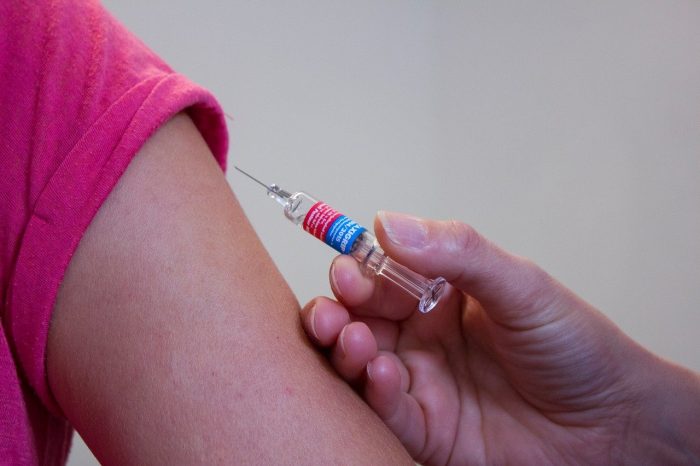
As of today, the Department of Health (DOH) will accept applications from drug and alcohol treatment providers that wish to enroll as providers in Pennsylvania’s COVID-19 Vaccination Program. To enroll as a COVID-19 vaccine provider, providers need to complete the COVID-19 Vaccination Program Provider Agreement.
Drug and alcohol treatment providers will be able to order vaccines based on their needs. Specifically, providers will be able to order any vaccine that they can safely store. This benefits providers that cannot meet the storage requirements (e.g., refrigeration) of a specific vaccine but can meet the storage requirements of another.
DDAP Bulletin Clarifies Special Conditions for Federal Funding Related to Medical Marijuana
Member Feedback Sought on Trio of Confidentiality Bills Soon to Be Introduced
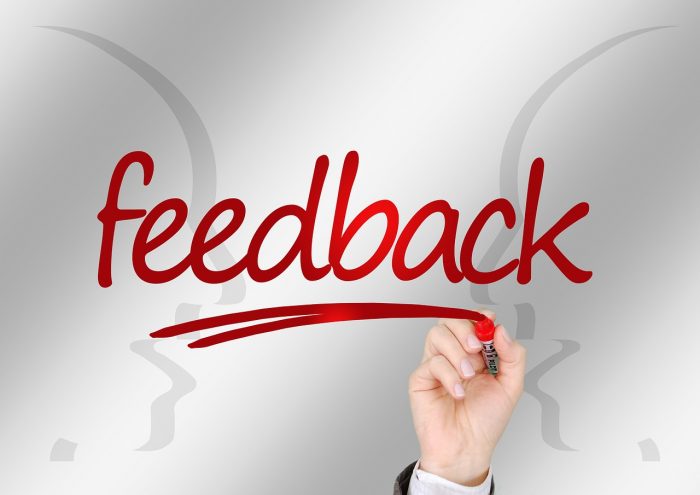
HHS Announces $3 Billion in American Rescue Plan Funding for SAMHSA Block Grants to Address Addiction, Mental Health Crisis
The Substance Abuse and Mental Health Services Administration (SAMHSA) is distributing $3 billion in American Rescue Plan funding — the largest aggregate amount of funding to date for its mental health and substance use block grant programs.
The Community Mental Health Services Block Grant (MHBG) Program and Substance Abuse Prevention and Treatment Block Grant Program (SABG) will disperse $1.5 billion each to states and territories (with the latter also awarding money to a tribe). This follows the March announcement of supplemental funding of nearly $2.5 billion for these programs. SAMHSA, an operating division of the U.S. Department of Health and Human Services, has expedited federal funding to grantees to help communities grappling with mental health and substance use needs during the COVID-19 pandemic.
Read the full press release here.










